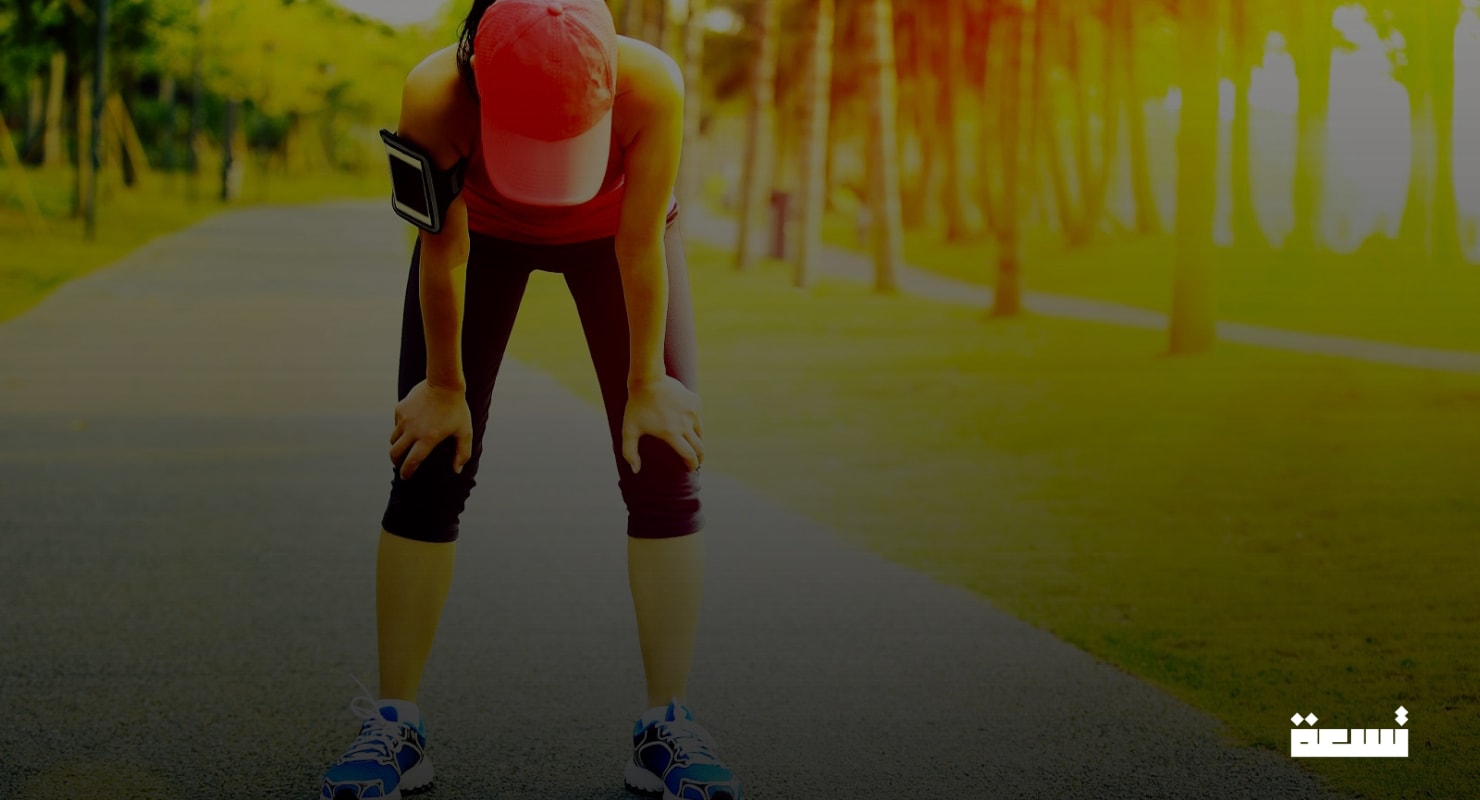With the arrival of the month of Ramadan, many wonder about the best time to exercise without feeling fatigued or thirsty. How can you maintain your energy without affecting your fasting?
* The ideal time for exercising during Ramadan:
1 _ Immediately after Iftar:
This time is suitable for light exercises such as walking or stretching, as the body has started to regain its energy. For intense exercises, it is better to wait 1-2 hours after Iftar for proper digestion.
2 _ Before Suhoor:
Some people prefer to do light exercises like yoga or walking before Suhoor, so they can eat right after exercising to replenish energy and fluids.
3 _ After Taraweeh prayers:
If you prefer late-night exercises, you can do moderate to intense exercises after Taraweeh prayers, as the body has regained a significant amount of energy.
* Best exercises during fasting hours:
1 _ Walking: A simple and low-impact exercise that can be done at any time, but ideal before or after Iftar.
2 _ Yoga and stretching: Help improve flexibility and reduce stress without consuming a lot of energy.
3 _ Light strength exercises: Using light weights or body weight, ideal after Iftar to maintain muscle mass.
4 _ Cycling: A great exercise for the heart and blood vessels, preferably after Iftar to enjoy the energy gained from food.
5 _ Swimming (moderate intensity): A refreshing activity that helps energize the body, but it is best done after Iftar to avoid dehydration.
* Important tips to avoid fatigue:
1 _ Avoid intense exercises like running and high-intensity workouts during fasting, as they consume a lot of fluids and energy.
2 _ If you want to do intense exercises, do them after Iftar when your body has regained strength.
The best time to exercise during Ramadan is after Iftar or before Suhoor, choosing suitable exercises like walking, yoga, and cycling, to ensure maintaining energy without affecting your health.
Will you try exercising this year during Ramadan?
Share your experience in the comments.

